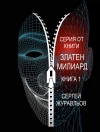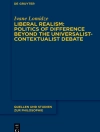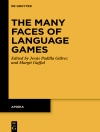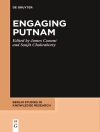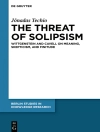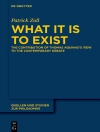Recent decades have seen attacks on philosophy as an irrelevant field of inquiry when compared with science. In this book, Graham Mc Fee defends the claims of philosophy against attempts to minimize either philosophy’s possibility or its importance by deploying a contrast with what Wittgenstein characterized as the “dazzling ideal” of science. This ‘dazzling ideal’ incorporates both the imagined completeness of scientific explanation—whereby completing its project would leave nothing unexplained—and the exceptionless character of the associated conception of causality. On such a scientistic world-view, what need is there for philosophy?
In his defense of philosophy (and its truth-claims), Mc Fee shows that rejecting such scientism is not automatically anti-scientific, and that it permits granting to natural science (properly understood) its own truth-generating power. Further, Mc Fee argues for contextualism in the project of philosophy, and sets aside the pervasive(and pernicious) requirement for exceptionless generalizations while relating his account to interconnections between the concepts ofperson,
substance,
agency, and
causation.
Spis treści
Chapter One: Introductory — A still point in a turning world?.- Chapter Two: Persons as Agents: The Possibility of Genuine Action.- Chapter Three: What Persons Are: Identity, Personal Identity and Composition.- Chapter Four: What Persons are Not: Causality, Minds and the Brain.- Chapter Five: Evolutionary Explanation in Psychology: Not an Issue for Philosophy?.- Chapter Six: Persons, Artificial Intelligence, and Science Fiction Thought-Experiments.- Chapter Seven: Considerations of Exceptionlessness in Philosophy: or, ‘Everything … ‘.- Chapter Eight: Philosophy without Exceptionlessness.- Chapter Nine: Conclusion: The Place of Reason.
O autorze
Graham Mc Fee is Emeritus Professor of Philosophy at the University of Brighton, UK, and a member of the Philosophy Department at California State University Fullerton. He has lectured and published nationally and internationally on, especially, the philosophy of Wittgenstein and the aesthetics of dance.


